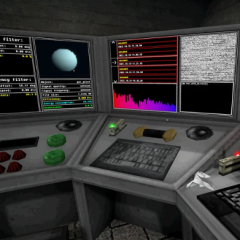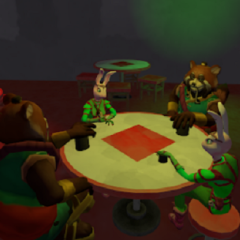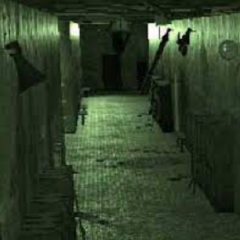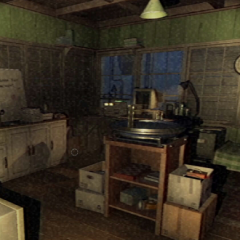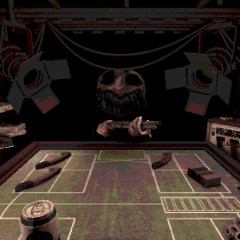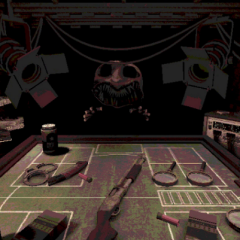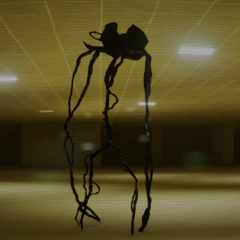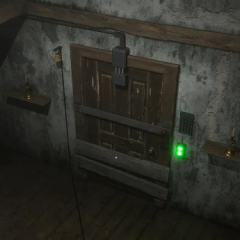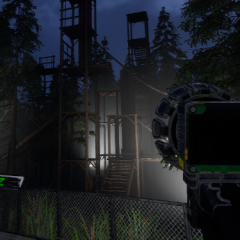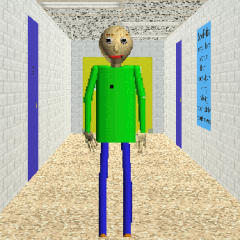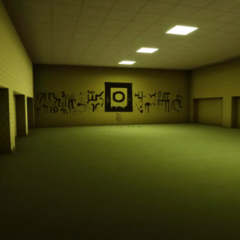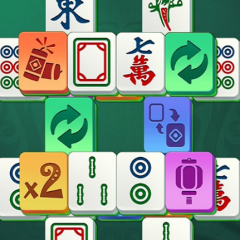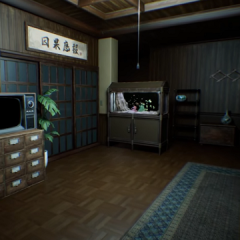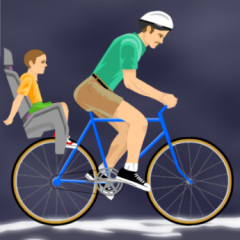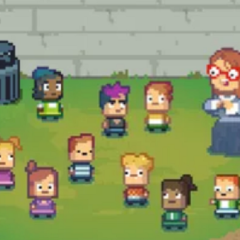Suck Up
Suck Up introduces players to a different kind of role-playing experience where conversation is more powerful than combat. Set in a quiet suburban neighborhood, the game centers on a mysterious visitor—controlled by the player—who must enter homes not through force, but by gaining trust. Dialogue is the primary mechanic, and success depends on understanding how people respond to language, behavior, and appearances. Every house is a new challenge, and each resident brings their own personality to decode.
Speech As Strategy
Instead of fixed lines, the game uses AI-generated dialogue to create dynamic conversations. Players can speak into a microphone or type their responses, prompting unique interactions every time. Residents will respond to tone, phrasing, and even pauses. Some might invite you in with minimal effort, while others will need to be convinced. This system creates unpredictability, as no two playthroughs unfold the same way, and bluffing, charm, or manipulation become essential tools.
Gameplay includes:
· Real-time dialogue driven by AI
· A reputation system that adjusts based on choices
· Disguises and costumes that affect how characters respond
· Various game modes, each with its own objectives
· A token-based system that controls total interaction time
· A website for direct access and purchasing additional time
Shifting Roles And Environments
In different game modes, players might pose as a neighbor, a performer, or even a romantic interest. The map includes a variety of households with randomized layouts and routines, so learning patterns becomes part of the challenge. Players may have only one chance with a character before suspicion sets in, forcing careful planning. Costumes and dialogue tactics allow experimentation, especially in higher-difficulty modes where time is limited and mistakes are costly.
Building Trust In A Game About Influence
Suck Up asks players to think about how persuasion works. What makes someone say yes? What signs show doubt or fear? Each resident is more than an obstacle—they are a system of reactions to be understood and adapted to. The game rewards subtlety, experimentation, and reflection rather than reflexes. It transforms a single mechanic—conversation—into a layered and challenging core loop that becomes more absorbing with each attempt.
This unique structure gives Suck Up its identity. Rather than aiming for traditional goals, players explore human interaction as both a puzzle and a path. Behind each door is a different challenge of tone, intention, and consequence.


